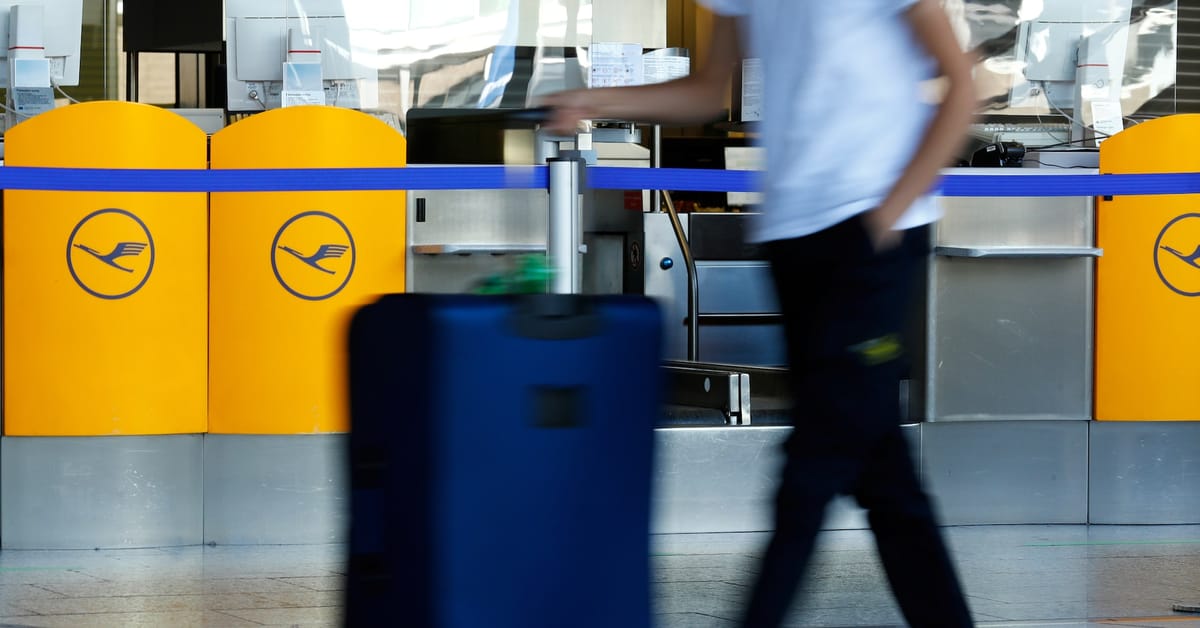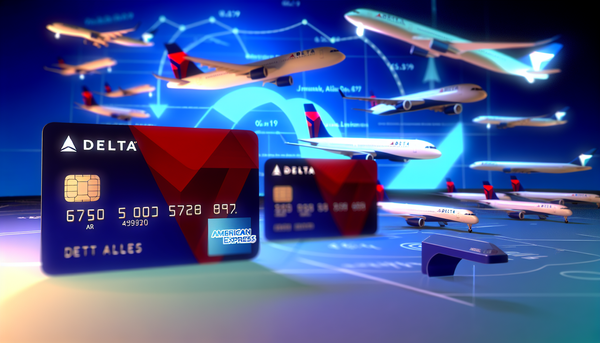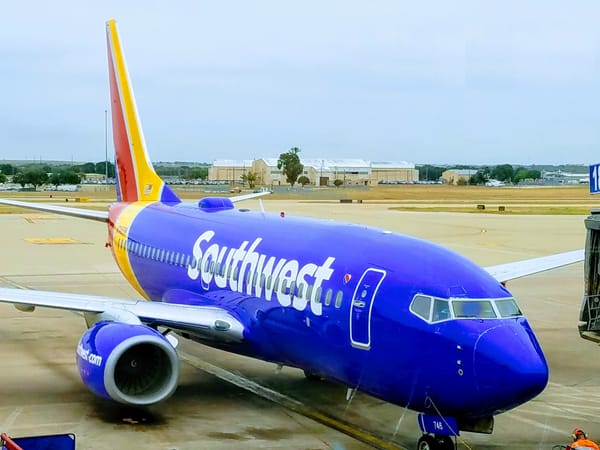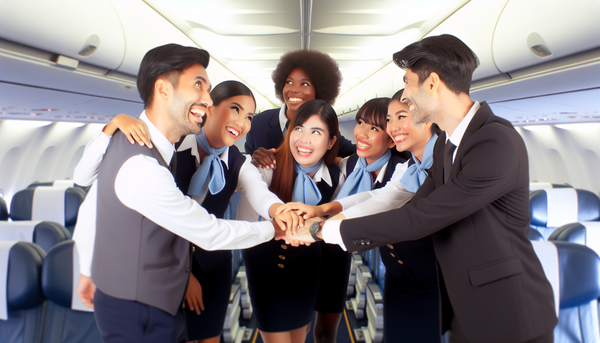Lufthansa introduces environmental surcharge up to €72
Lufthansa introduces an Environmental Cost Surcharge, ranging up to €72, to tackle sustainable aviation fuel costs and emissions reduction.

Lufthansa, the German airline giant, recently announced its decision to introduce an ‘Environmental Cost Surcharge’ of up to 72 euros ($77) on its fares, marking a significant milestone in the aviation industry’s efforts to reduce emissions and cover the costs of sustainable initiatives. This move follows a similar decision made by Air France-KLM earlier this year. Let’s dive into the details of this new environmental charge and what it means for the future of air travel.
Key Points of Lufthansa’s Environmental Cost Surcharge
- Lufthansa will add an environmental charge of up to 72 euros ($77) on its fares for flights departing from European Union countries, Britain, Norway, and Switzerland.
- The surcharge will cover part of the additional costs due to regulatory environmental requirements, such as sustainable aviation fuel (SAF).
- The charge will apply to all fares, with economy tickets seeing an increase between 1 euro and 72 euros, depending on the ticket type.
- The new surcharge will be effective from June 26 for departures starting from January 1, 2025, onwards.
The Ripple Effect: Other Airlines Likely to Follow Suit
Analysts predict that other airlines will follow Lufthansa’s lead in implementing environmental surcharges to cover the increasing cost of environmental regulations in the EU. Air France-KLM has already imposed an SAF contribution charge, and British carrier easyJet has expressed its intention to avoid additional surcharges, urging governments to provide incentives for the aviation industry to achieve environmental goals more effectively.
Cost Warnings and the Future of Air Travel
Lufthansa’s decision to introduce an environmental surcharge highlights the challenges faced by the aviation industry in meeting EU environmental targets. The additional costs of sustainable initiatives may lead to higher ticket prices, potentially deterring some travelers from flying. However, the long-term benefits of reducing emissions and promoting sustainability may outweigh the short-term inconvenience of increased fares.
Aviation’s Role in Global Emissions
Aviation is responsible for approximately 2% of the world’s emissions and is considered one of the hardest sectors to decarbonize due to the difficulty in replacing fuel for flights with other kinds of power. European regulators have introduced rules requiring fuel suppliers to ensure 2% of fuel at EU airports is SAF by 2025, rising to 6% in 2030 and 70% in 2050. These measures aim to reduce emissions and promote sustainability in the aviation industry.
The Impact on Customers and Airlines
As airlines introduce environmental surcharges, customers may face higher ticket prices. However, these charges also serve as a reminder of the importance of sustainability and the role we all play in reducing emissions. Airlines, on the other hand, will need to balance the need to cover additional costs with the potential impact on customer demand.
Governments’ Role in Promoting Sustainability
Governments can play a crucial role in promoting sustainability in the aviation industry by providing incentives for airlines to adopt environmentally friendly practices. These incentives could include tax breaks, subsidies for SAF, and investments in research and development for cleaner technologies.
The Future of Sustainable Aviation
Lufthansa’s environmental surcharge marks a significant step towards a more sustainable aviation industry. As more airlines adopt similar measures, we can expect to see a shift towards greener practices and a reduction in emissions. However, achieving this goal will require a collective effort from airlines, governments, and customers alike.
FAQs
- What is the Environmental Cost Surcharge introduced by Lufthansa?
The Environmental Cost Surcharge is a new fee introduced by Lufthansa to cover part of the additional costs due to regulatory environmental requirements, such as sustainable aviation fuel (SAF). - How much will the surcharge be?
The surcharge will range between 1 euro and 72 euros, depending on the type of ticket. - Which airlines have already implemented similar measures?
Air France-KLM has already imposed an SAF contribution charge, and other airlines are likely to follow suit. - Why is the aviation industry focusing on sustainable initiatives?
The aviation industry is responsible for approximately 2% of the world’s emissions and is considered one of the hardest sectors to decarbonize. Governments and airlines are working together to reduce emissions and promote sustainability. - How can customers support sustainable aviation?
Customers can support sustainable aviation by choosing airlines that prioritize environmental initiatives and by being aware of the impact their travel has on the environment.




